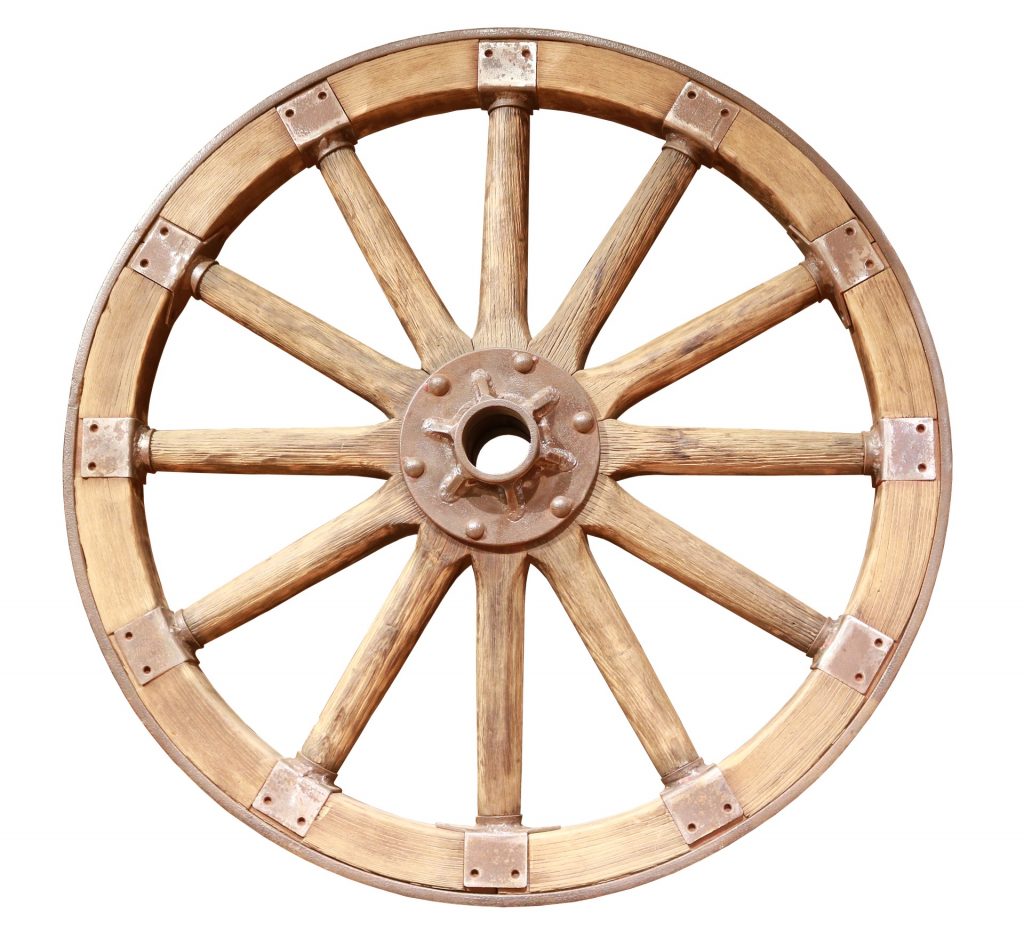“Why reinvent the wheel?”
“Why reinvent the wheel?”
Whenever I hear this question (which is a lot, including yesterday), my response is always the same:
“I believe in the possibility of better wheels.”
Also:
“My wheel will be better.”
“Why reinvent the wheel?” asks us to accept work that has been already done as ideal. It implies that the things of the past are highly effective for our current needs. It insists that time spent on something already completed by someone else is a waste of time.
I rarely find any of this to be the case.
“Why reinvent the wheel?” are words most often spoken by the lazy, the unimaginative, the rigidly traditional, the complacent, and the uninspired.
I believe the world would be a better place if we all believed in the possibility of a better wheel.
Also, for the record, it wasn’t the invention of the wheel that was especially significant for human civilization. The wheel has existed for an exceptionally long time and emerged in societies across the globe almost spontaneously and without significant effort.
It was the invention of the axle that transformed the wheel into something extraordinary in the lives of human beings.
Let that also be a lesson for us:
Sometimes we can reinvent the wheel not through revision or improvement but by reimagining the work of those who came before us.

